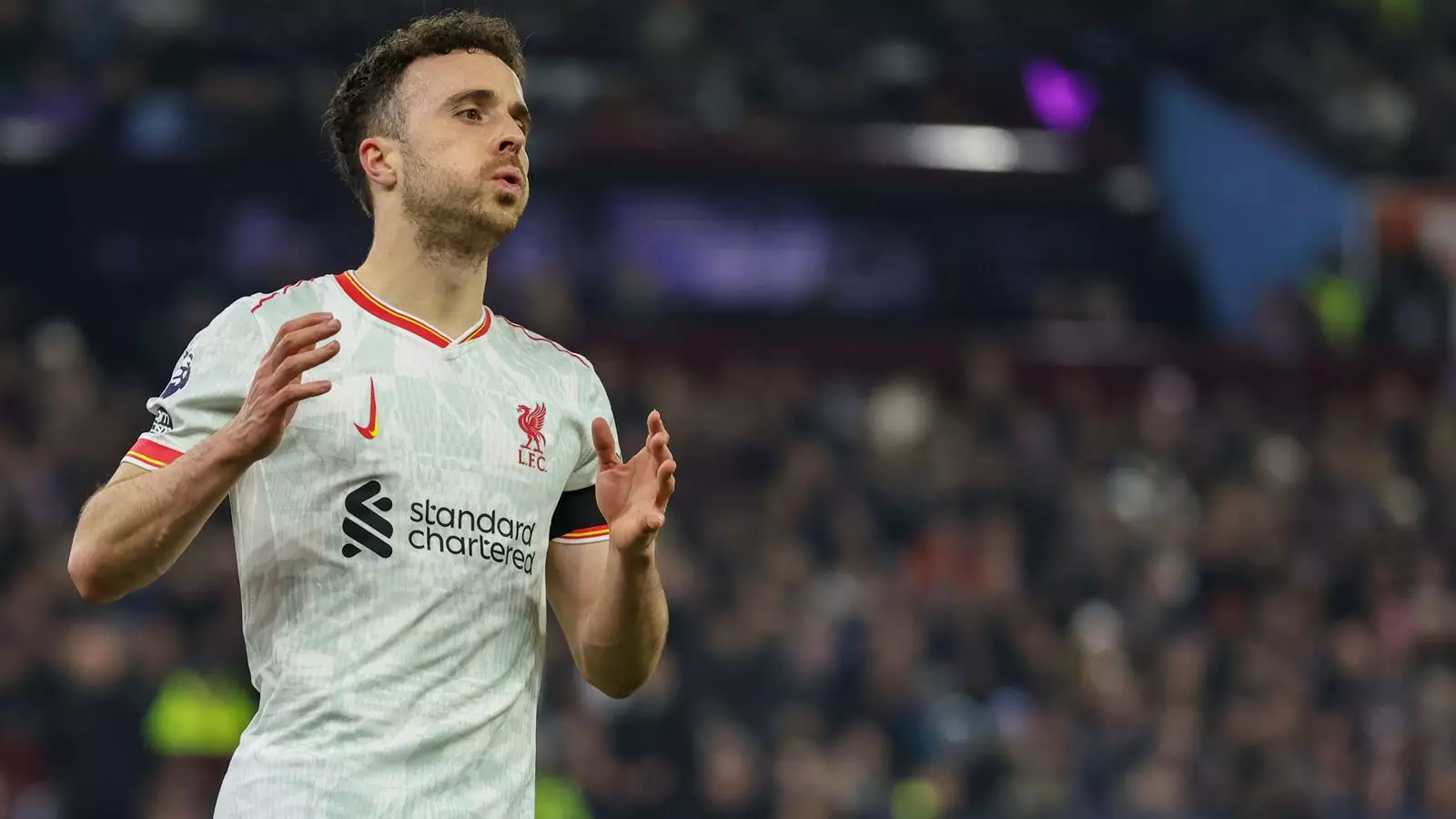In a cruel twist of fate, the football world faces a profound loss that transcends the pitch. The untimely death of Diogo Jota, a talented Liverpool striker, in a tragic car accident has sent shockwaves through fans, teammates, and the wider sporting community. At just 28 years old, Jota represented a promising future, both on and off the field, that was abruptly stolen. The stark reality of this tragedy underscores the unpredictable and fragile nature of life, reminding us of our collective vulnerability. His passing also claims the life of his brother, Andre, emphasizing the profound personal toll behind public figures’ lives and the tragic randomness that can claim lives without warning.
Reflections on a Life Cut Short
Jota’s career was marked by resilience, talent, and a trailblazing spirit. Rising from the Portuguese football system, he showcased exceptional skill that earned him a move to Spain and later a prominent role at Liverpool. His impact at Liverpool was undeniable; he was an integral part of their recent Premier League triumph and scored critical goals that fueled the team’s success. Beyond his professional achievements, the loss of his recent marriage and his fatherhood highlight a personal life that was filled with hope and promise, now overshadowed by grief. The tragedy’s timing—so soon after celebrating his wedding—adds layers of heartbreak and tragedy, illustrating how fleeting moments of joy can turn into memories forever etched in mourning.
The Broader Implication for Sport and Society
This incident underscores a harsh reality: professional athletes are not invincible, and their lives are subject to the same random calamities as anyone else. While sports often celebrate heroism and resilience, such tragedies serve as stark reminders of the human behind the athlete—the person with vulnerabilities and loved ones who suffer deeply in silence. The football community’s response, ranging from official clubs to national team colleagues, reflects an understanding that these individuals are not just players but human lives intertwining with communal bonds. Their grief exposes the limits of our admiration, prompting a sobering reflection on how we idolize sports stars and forget their human fragility.
The Cultural and Emotional Aftermath
In the wake of such a devastating event, the emotional fabric of fans and communities is torn. Cristiano Ronaldo’s heartfelt condolences exemplify how athletes transcend their sport to become symbols of unity and shared grief. The Portuguese federation’s acknowledgment speaks to the deep respect Jota commanded in his home country, where his personality and sporting achievements made him an inspiration. Yet, amid the mourning, there’s a broader call for introspection about safety—both physical and mental—and the need to supported those vulnerable to sudden tragedies. Fans who followed Jota’s career, especially with his recent life changes, now grapple with a harsh reminder of life’s unpredictability. For the football fraternity and society at large, this tragedy compels us to look beyond the game, recognizing the importance of cherishing every moment and prioritizing human well-being over fleeting fame.
The Loss of Potential and the Price of Fame
The tragic death of Diogo Jota also invites critique about the glorification of sport and the relentless pursuit of excellence. While stardom brings admiration and wealth, it often masks the underlying vulnerabilities of athletes—mental health struggles, physical risks, and personal hardships. This tragedy reminds us that no amount of talent can shield individuals from life’s unpredictable turns. It raises questions about how society and sporting institutions support their athletes in maintaining safety, mental health, and a balanced life beyond the field. The loss of Jota—a talented player with so much potential—forces us reconsider what truly matters in our fast-paced, often superficial obsession with success and fame.
This moment of collective mourning is a stark call for compassion, humility, and genuine human connection. It should serve as a catalyst for societal change—prioritizing safety, mental health, and the acknowledgment of athletes as complex individuals. The tragic end of a promising career and a beloved brother exposes the harsh reality that sometimes, life’s greatest lessons come too late.


Leave a Reply